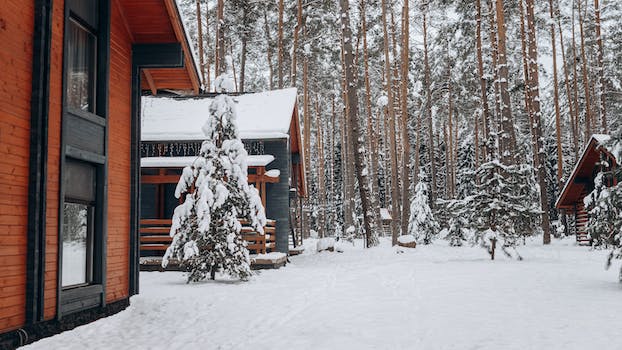Holiday Home Insurance
Understanding the Different Exclusions in Holiday Home Insurance Policies Holiday home insurance policies are designed to provide financial protection for homeowners who rent out their properties for short-term stays. However, it is important to understand that these policies typically contain a number of exclusions that limit the coverage provided. The most common exclusion in holiday … Read more

